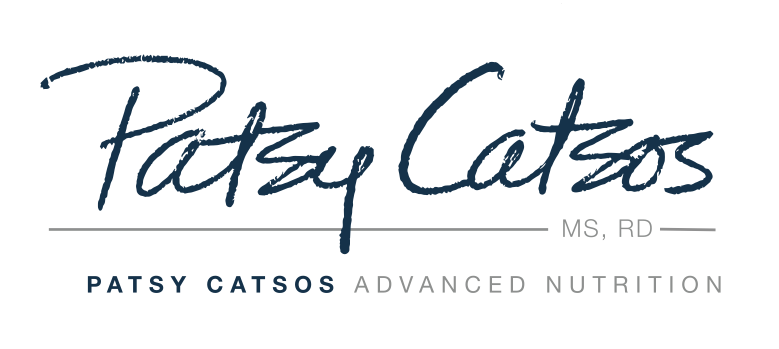FODMAP dietitian friends from the Netherlands, UK, South Africa, and Ireland. Many of us already follow each other on Twitter, and it was lots of fun to meet in real life!
Monash University's Department of Gastroenterology hosted GastroDiet 2015 at its Prato, Italy, campus earlier this month. It was a remarkable symposium which focused on the role of diet in digestive health, in particular FODMAPs and gluten.
Imagine spending a few days with over one hundred researchers, gastroenterologists and dietitians from around the world to learn and share about FODMAPs! Where else could one hope to chat about fructooligosaccharides and polyols over perfect cappuccinos with the very individuals who are producing ground-breaking research in their labs and clinics? Where else could one have a lovely Italian meal in an ancient Medici castle including a before-dinner talk about rumination, fermentation and the fecal microbiome? Some people might not appreciate that as proper dinner table conversation, but it fit right in at GastroDiet 2015.
Several of us live-tweeted the event, so if you'd like to learn more, search twitter for #gastrodiet.
A few highlights:
Dr. Peter Gibson organizing the speaker photo on the last afternoon of the conference--a little like herding cats.
- Dr. William Chey: There is mounting evidence that links food to the pathogenesis of IBS, yet too few GI doctors have a dietitian as part of the treatment team.
- Dr. Jane Muir: The long-awaited iOS update to the Monash University Low FODMAP Diet App became available on the first day of the conference. (My favorite new information? Traditionally made, long fermentation sourdough breads are low in FODMAPs, even those made with white and whole wheat flour.)
- Dr. Emma Halmos: IBS isn't always about the food. It is a multi-factorial condition, so we must have realistic expectations for diet, and use other treatment modalities as needed. (For example, PhD candidate Simone Peters reports that gut-directed hypnotherapy is as effective as low-FODMAP diet for IBS).
- Dr. Peter Gibson: So far there is no evidence of an anti-inflammatory effect of low FODMAP diet in patients with Crohn's or ulcerative colitis.
- PhD candidate CK Yao: Breath tests in IBS are of limited clinical utility--fructose and polyols can trigger symptoms, whether they are well-absorbed or not. (Some presenters felt there is still a role for lactose malabsorption testing, others do not use them.)
- Dr. Heidi Staudacher: There are concerns about the impact of low-FODMAP diet on nutrient intake, especially for patients with other dietary restrictions. Prebiotic fiber often needs extra attention.
- PhD candidate Caroline Tuck: Reintroduction of FODMAPs is a crucial, but often overlooked part of the the elimination diet process. A trained dietitian can tailor the reintroduction process to the needs of the individual patient.
- Dr. Jaci Barrett: Diet should only be as restricted as symptoms require. People who do not have IBS should not be on low FODMAP diets.
The Monash Team is hoping to run a similar event in the fall of 2017. I'm looking forward to it already. If you are a dietitian, gastroenterologist or clinical researcher, pencil it into your travel calendar. Tuscany awaits!
This page may contain affiliate links. We are a participant in the Amazon Services LLC Associates Program, an affiliate advertising program designed to provide a means for us to earn fees by linking to Amazon.com and affiliated sites.



